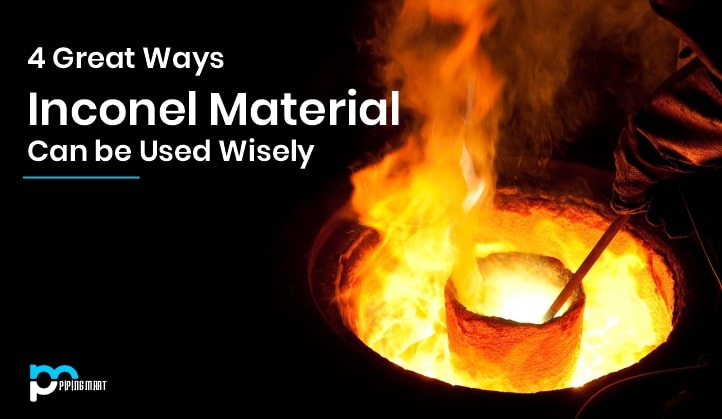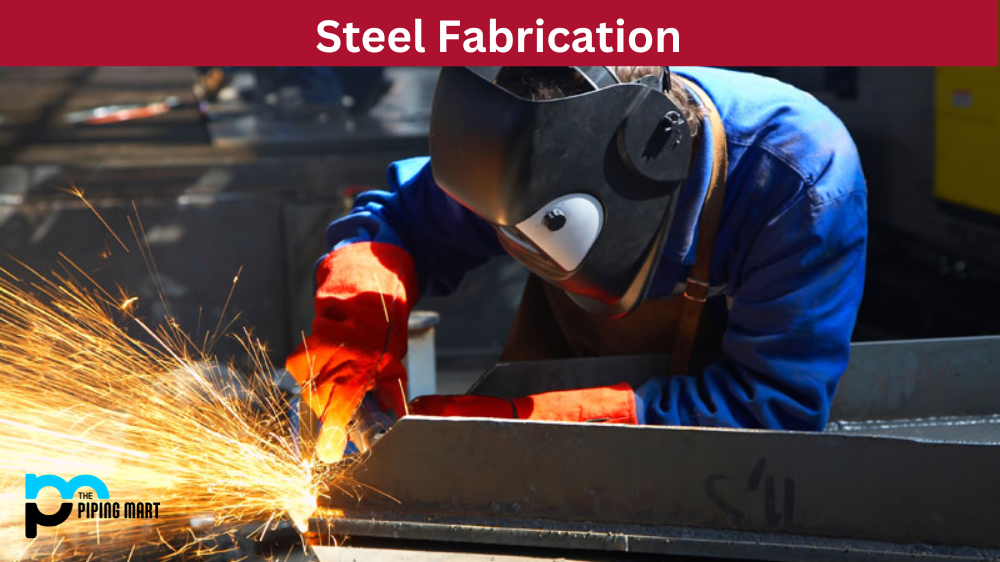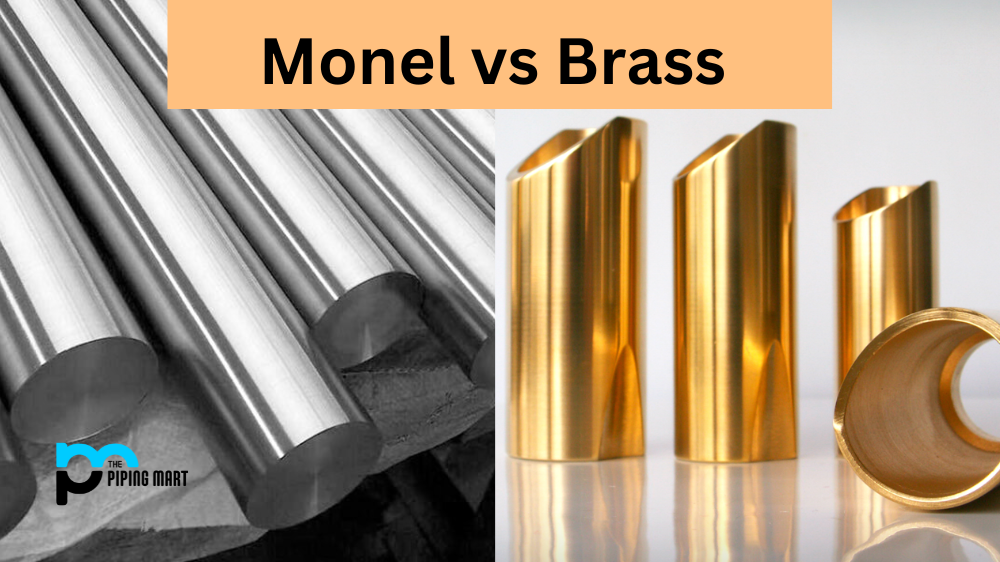When it comes to manufacturing and construction materials, two of the most commonly used metals are brass and aluminium. But which metal is more cost-effective? This blog post will give an overview of the cost differences between brass and aluminium so that you can make an informed decision when selecting a metal for your project.
When comparing cost differences between metals, there are a few factors to consider. These include the cost per pound, alloy availability, fabrication costs, and more. To get a better idea of the overall cost difference between brass and aluminium, let’s take a closer look at each factor.
Cost Per Pound
The price of metals tends to fluctuate based on market conditions. On average, however, brass is typically more expensive than aluminium by about $2-$3 per pound. That being said, the actual price will depend on the type of alloy used in each metal as well as the current market conditions.
Alloy Availability
Brass alloys are generally much harder to come by than aluminium alloys due to their limited availability in certain markets. As such, this can drive up prices for brass alloys even further as they become scarcer in supply. In contrast, aluminium alloys are widely available in many different markets around the world which helps keep costs down for end users.
Fabrication Costs
In terms of fabrication costs, both metals require specialized equipment and expertise to shape them into usable products. With that said, brass is more labour intensive than aluminium due to its higher melting point which requires more energy input during fabrication processes such as welding or casting. This results in longer production times and increased labour costs which drives up production expenses for end users looking to purchase brass components or products.
Conclusion:
Overall, both brass and aluminum can be excellent choices depending on your needs and budget constraints. While brass tends to be more expensive upfront due to its higher price per pound and limited availability in some markets, it also offers superior strength and corrosion resistance compared to aluminum making it ideal for applications where longevity is key such as plumbing fixtures or electrical components. Aluminium on the other hand is typically less expensive upfront due to its greater availability but may not offer the same level of strength or corrosion resistance as brass depending on the alloy used in its fabrication process making it ideal for short-term projects like furniture or decorations where cost savings may be desired over longevity considerations . Ultimately only you know what’s best for your project so take into account all these factors before making your decision!
Sakshee is a talented blogger, with a particular focus on the Business and Metal Industry. She is passionate about sharing her insights on various metal products and helping professionals to make a better decisions.




